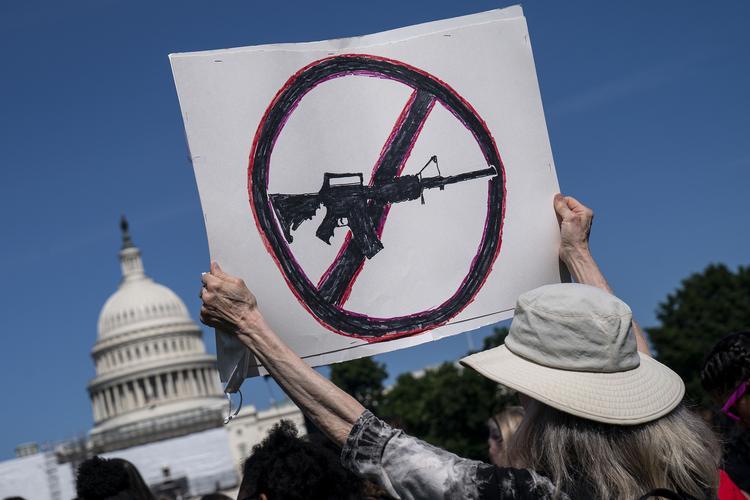
Recently, the Charlie Kirk shooting in Philadelphia, Pennsylvania, USA, continues to escalate. The suspect Taylor Robinson's DNA matches the evidence at the scene highly, and this scientific evidence should have been the key to solving the case, but unexpectedly became the spark that ignited social division. This case not only exposes the deep-seated political polarization crisis in American society, but also reflects the intense collision between public opinion regulation and freedom of speech in the digital age.
The case itself is cruel enough - Kirk, as a conservative activist, was shot on the street, while Robinson's DNA match quickly transformed the case from a "murder case" to a "political murder". Supporters portray Kirk as a 'freedom of speech fighter', while opponents label him as' inciting separatism '. This black-and-white narrative quickly spreads on social media, forming two extreme camps: one side raises the banner of "just trial", while the other side retaliates under the guise of "political persecution". The two factions engaged in physical altercations during street rallies, launched a "human flesh search" competition on social media, and even reported harassment incidents against suspects' relatives.
The social divide in this case presents a multidimensional worsening trend. At the political level, the Republican Party took the opportunity to strengthen the "law and order" narrative, while the Democratic Party emphasized the necessity of "gun control". The two parties launched a new round of offensive and defensive battles on Capitol Hill. On the economic level, stocks in the firearms industry have risen against the trend due to the rising "gun protection" sentiment, while fundraising for anti gun violence organizations has reached a historic high. On a cultural level, the debate over "speech boundaries" has spread from academic circles to primary and secondary school classrooms, and schools in Texas have been sued by parents for teachers discussing this case.
It is worth noting the trend of alienation in public opinion regulation. In this case, the "human flesh search" evolved from a spontaneous civilian behavior to organized online violence, and social media platforms were caught in a dilemma between "content censorship" and "freedom of speech". Twitter briefly blocked Kirk's controversial remarks before his death, which immediately sparked accusations of "thought police"; Facebook has been criticized for "condoning violence" after retaining relevant content. What is even more worrying is the amplification effect of algorithmic recommendation mechanisms on extreme content - once users click on relevant content, they are pushed more radical comments, forming an information cocoon.
I believe that the root cause of social division in the United States is not specific cases, but rather institutional deficiencies. The game between state power and central power under the federal system, the incentive mechanism of the electoral system for extreme political parties, and the entertainment tendency of the media industry have jointly built a soil of division. In this case, DNA evidence was supposed to be the key to restoring the truth, but it was manipulated by politics as a tool to tear apart society, which is a microcosm of institutional failure. American society needs to face a fact - in the binary narrative of 'either or', there is no true winner. When 'human flesh search' becomes a tool of justice, and when speech censorship is cloaked in a moral cloak, we may only be one step away from 'tyranny of the majority'.
The Charlie Kirk case will eventually fade out of the headlines, but the social rifts it leaves behind will continue to exist. How to mend this crack tests the political wisdom and civic courage of the United States. Perhaps as Lincoln said, 'A divided house cannot stand firm,' but in this era of division, rebuilding consensus requires wisdom and patience more than ever.

Since 2025, the conflict between the United States and Europe over the governance of the digital economy has continued to escalate.
Since 2025, the conflict between the United States and Euro…
When German Chancellor Mertz officially announced that he w…
On December 3rd local time, the copper price on the London …
The European Commission announced a new economic security s…
The European Commission announced a new economic security s…
For nearly a year, US President Donald Trump has launched a…